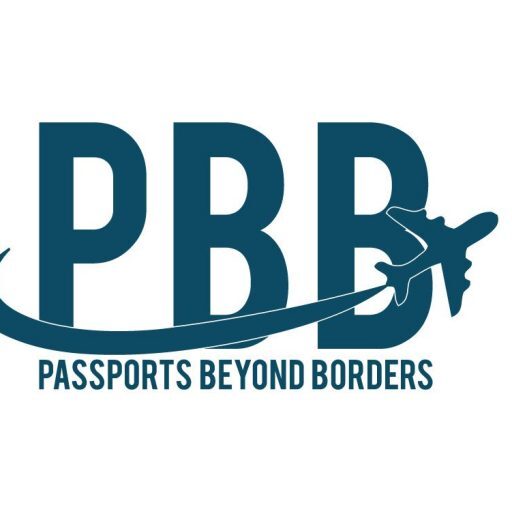The Centres for Disease Control and Prevention has placed Cameroon on level 4 on the level system categorization. This means all travellers should avoid travel to Cameroon. This is because even fully vaccinated travellers may be contracting or spreading COVID 19 variants.
If you must travel to Cameroon,
- Get fully vaccinated before you travel
- Wear a mask
- Stay 2 meters from others
- avoid crowds
- wash your hands and avoid touching your face
The 4-level system categorizes destinations, including international destinations and United States Territories, into the following levels:
- Level 4: Very high level of COVID-19
- Travellers should avoid all travel to these destinations.
- Level 3: High level of COVID-19
- Travellers should avoid all nonessential travel to these destinations.
- Level 2: Moderate level of COVID-19
- Travellers at increased risk for severe illness from COVID-19 should avoid all nonessential travel to these destinations.
- Level 1: Low level of COVID-19
- All travellers should wear a mask, stay at least 6 feet/2 meters from people who are not from your travel group, avoid crowds, wash their hands often or use hand sanitiser, and watch their health for signs of illness.
The CDC uses COVID-19 data reported by the World Health Organization and other official sources to make determinations about THN levels. If a destination does not provide data, their THN level is designated as “unknown” and travellers are advised to follow THN Level 4 recommendations.
Table of Contents
Travel Recommendations for Fully Vaccinated Travelers
If you are fully vaccinated:
- You do NOT have to get tested before leaving the United States, unless your destination requires it.
- You do NOT have to self-quarantine after you arrive in the United States.
During travel:
- Wear a mask over your nose and mouth when in public. Masks are required on planes, buses, trains, and other forms of public transportation travelling into, within, or out of the United States and in U.S. transportation hubs such as airports and stations.
- Avoid crowds and stay at least 6 feet/2 meters (about 2 arm lengths) from anyone who is not travelling with you.
- Wash your hands often or use hand sanitizer (with at least 60% alcohol).
After Travel
- You should get tested with a viral test 3-5 days after travel
- Self-monitor for COVID-19 symptoms; isolate and get tested if you develop symptoms.
- Follow all state and local recommendations or requirements.
Do NOT travel if you are exposed to COVID-19, you are sick, you test positive for COVID-19, or you are waiting for the results of a COVID-19 test. Learn when it is safe for you to travel. Don’t travel with someone who is sick.
Travel Recommendations for Unvaccinated Travelers
If you are not fully vaccinated and must travel, take the following steps:
Before travel:
- Get tested with a viral test 1-3 days before your trip.
During travel:
- Wear a mask over your nose and mouth when in public settings. Masks are required on planes, buses, trains, and other forms of public transportation travelling into, within, or out of the United States and in U.S. transportation hubs such as airports and stations.
- Avoid crowds and stay at least 6 feet/2 meters (about 2 arm lengths) from anyone who did not travel with you. It’s important to do this everywhere—both indoors and outdoors.
- Wash your hands often or use hand sanitizer (with at least 60% alcohol).
After you travel:
- Get tested with a viral test 3-5 days after travel AND stay home and self-quarantine for a full 7 days after travel.
- Even if you test negative, stay home and self-quarantine for the full 7 days.
- If your test is positive, isolate yourself to protect others from getting infected.
- If you don’t get tested, stay home and self-quarantine for 10 days after travel.
- Avoid being around people who are at increased risk for severe illness for 14 days, whether you get tested or not.
- Self-monitor for COVID-19 symptoms; isolate and get tested if you develop symptoms.
- Follow all state and local recommendations or requirements.
Do NOT travel if you are exposed to COVID-19, you are sick, you test positive for COVID-19, or you are waiting for the results of a COVID-19 test. Learn when it is safe for you to travel. Don’t travel with someone who is sick.
Information from CDC website



